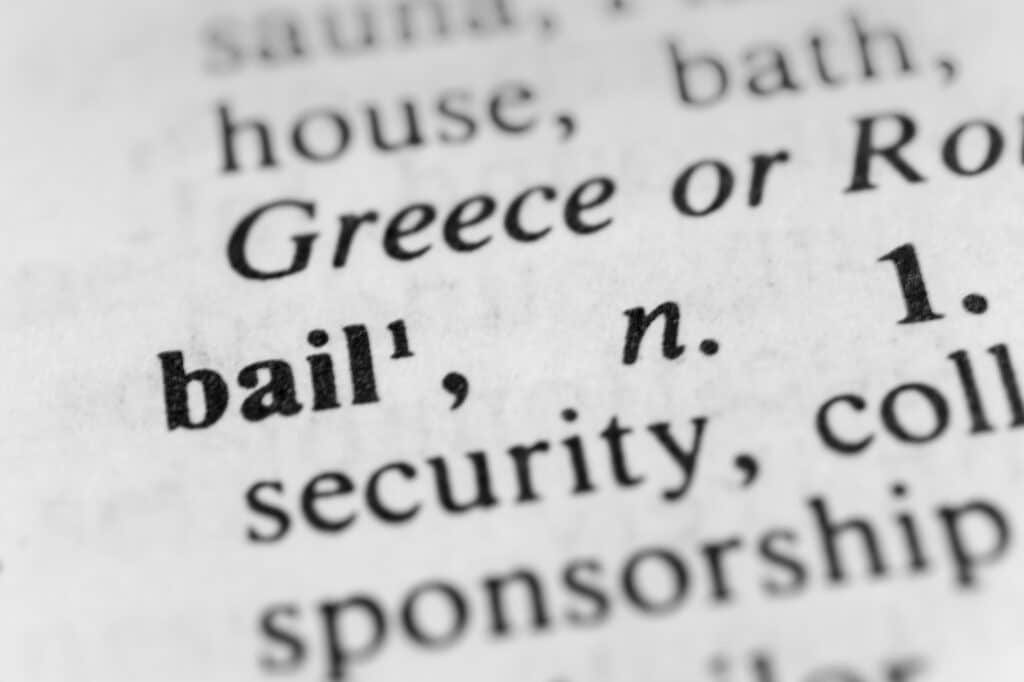We’ve all heard the news report, “So-and-so was freed on $50,000 bond.” When someone committed a crime, they may end up in prison until their court date. It also ensures that the individual will most likely show up on court day.
Just imagine how frightening it can be to stay in prison to wait for judgment day. Bail bonds can bring you back to the comfort of your own home, so you can decide what to do next. If you are in a detrimental situation that requires a bail bond, continue reading to learn more.
What Exactly Is Bail?
Bail is a predetermined sum of money that serves as an insurance policy between the court and the defendant. While defendants have the option of paying their bond in cash, many are unable to do so.
Because bonds are often set at a high price, most defendants cannot afford to post bail independently.
What Are Bail Bonds
A bail bond is a surety bond issued by a bail agent to guarantee a defendant’s release from prison. Here are two common kinds of bail bonds:
Civil Bond
This often occurs in civil proceedings. The main objective is to guarantee the defendant’s payment of the obligation with fees and interest.
Criminal Bond
This type of bond helps with criminal proceedings to ensure that the defendant appears for trial. This is useful if they are summoned to court and the defendant must pay any penalties imposed against them.
It’s important to consult with a bond agent to determine which one you are.
What Is an Example of Bail Bond?
For instance, John got in trouble, and bail was set at $10,000 by the court. He does not want to go to prison but lacks the $10,000 cash, so he seeks assistance from a bail bondsman. The bondsman will charge John up to 15% of the total bond, which is $1,500 to release him from prison.
John will also need a cosigner or collateral in case he does not show up to court. The purpose of the collateral or cosigner is to protect the entire bond, which in this case is the $10k. This means if John disappears, and the bond is forfeited, the cosigners or collateral will pay $10k entirely, in addition to the fees.
What Is the Process of Bail Bonds
A judge establishes the bail amount. If the defendant is unable to pay the bail amount, they may seek assistance from a bail bondsman.
A defendant must pay 15% of the bail cost to the bail bondsman. After that, the bail bondsman will secure the remainder of the bail money via collateral.
If the defendant does not appear in court, the bail bond is discarded. The collateral will pay for the entire cost of the bail. If the defendant appears in court, the bail bond dissolves, and the collateral returns to the defendant.
How to Apply for a Bail Bond
Life happens, and you don’t want to end up in prison. You want to be back home with family to plan your next step. it’s important to find a reliable firm that can handle all the bail bonds matter.
Still looking for an escape? Contact us today for more information if you are searching for a “lawyer near me” or a North Carolina bail bonds service.


